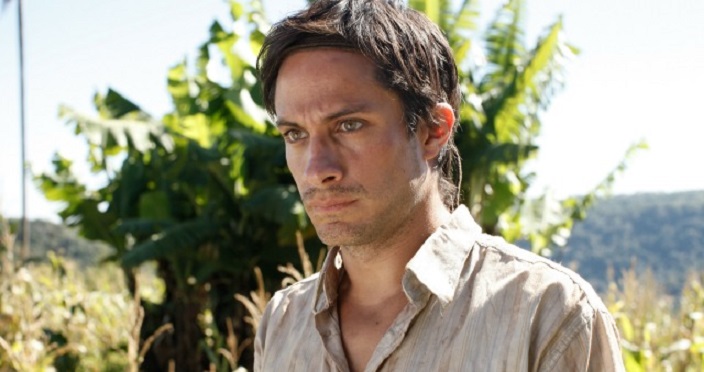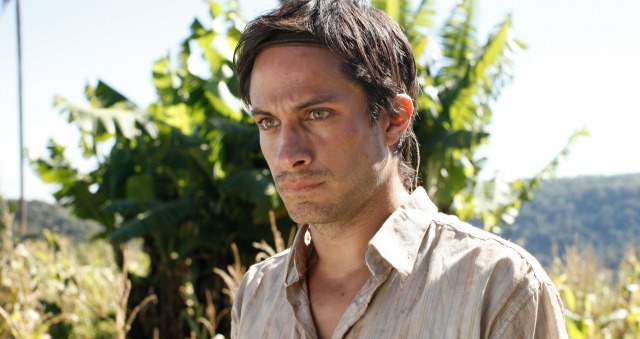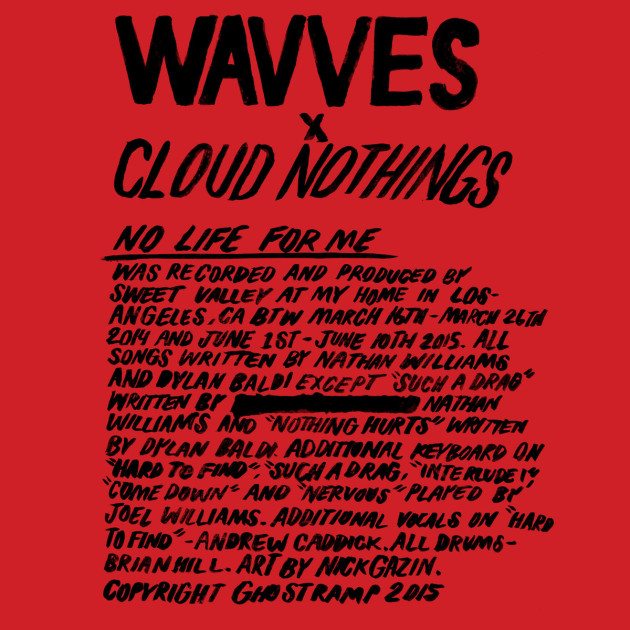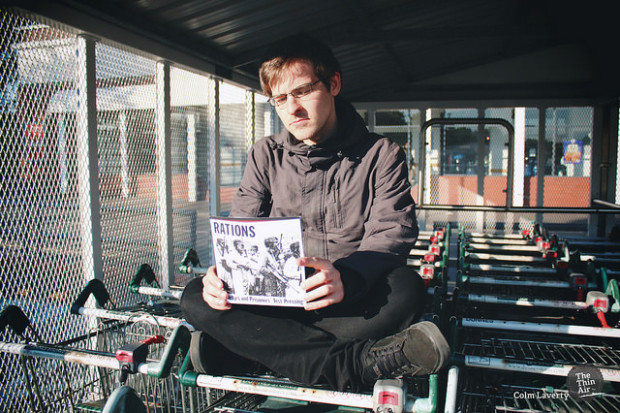Looking over the last decade or so, we as a culture seem to be falling back in love with the Western. Between John Hillcoat’s The Proposition, The Coen Brothers’ No Country For Old Men and Tarantino’s Django Unchained, the Western is coming back in a very vivid and eclectic way. Each of these films, and most recent Westerns of this ilk, seem to actively want to make a comment on our society, be it moral relativism, the fundamentally nihilistic nature of the world or the centuries old roots of Ferguson and Baltimore. This all neatly leads us to The Burning, an Argentinian Western about the destruction of a landscape, the evil and folly of man and the crushing inevitability of violence. While these are weighty themes that the film tries its utmost to find something new in, it never quite reaches a level of poignancy or intrigue required to carry its glacial pace.
The film starts well with its decision to flip the narrative focus from the Cowboys to the Indians. The Cowboys in this context are a collection of hired goons paid to burn large swaths of the Amazonian rainforest in order to prepare it for the inevitable industrial developments; the railway, if you will. Our Native Americans are a band of indigenous farmers, led by Gael Garcia-Bernal’s Man With No Name, simply trying to keep their land safe. The narrative switch is probably one of the more intriguing elements of the film and says a lot about of cultural view of deforestation. Seventy years ago we cheered as John Wayne and Jimmy Stewart brought the Native Americans and the hideous nature of their world to its knees and brought with them the culture of the civilised man. Here, the civilised culture’s representatives are barbarous swine willing to brutality murder without hesitation in the name of getting paid, while the farmers are simply trying to eke out a way of life, keep their homes and not see their world destroyed in the name of financial gain. While this is definitely fascinating, it does highlight the film’s inability to make its antagonists more than one dimensional cardboard cutouts of malice. Bernal’s character gets a much fuller arc, beginning as this deistic, pious representation of the landscape that refuses to fight and moving towards becoming the kind of killer that this world needs if it’s ever going to survive. It’s a classic arc handled very well and performed excellently by Bernal. There are moments where the film tries to instill some sense of humanity into its villains, focusing on their fraternal relationships, but it doesn’t sit terribly well or go very far. This inability to infuse the characters with any semblance of humanity also robs the film of some much needed humour and heart. It’s a terribly serious film about terribly serious issues and it goes about exploring its message in a terribly serious way and this portentousness causes the film to drag horribly, particularly in the middle sections. Parts that should be hugely compelling are merely good because it almost feels more like a lecture on the dangers of deforestation, big business and the capitalism rather than a story of people trying to save their homes and livelihood.
This is such a shame too because the film is beautiful. Its slow pacing, while at times a complete slog, does allow the film to give the rainforest locations the due attention they deserve. It’s a truly breathtaking environment and its overly dense and cluttered nature acts as a visual counterpoint to the sparsity of John Ford’s work in Monument Valley or Leone’s southern Spain. There is a lot to appreciate in The Burning, it is a very good effort and one that tries to be about something while subverting genre expectations and traditions. But its pacing is too slow and it’s missing that crucial human touch that would elevate it from a film about the destruction of the world to a film about our continued destruction of the world. Will Murphy







